10 Best Messaging Apps For Desktop
- 2020-05-18 14:05

Even after the smartphone revolution, desktop is king when it comes to creating a workspace. Lacking mobility, it’s better optimized for concentrating on work. And, in case of work involving communication, one may need to send and receive messages on desktop. While now messaging went mobile more than ever, there are still apps that let you use the most popular services on laptops or desktops.
Here are the most popular and demanded messaging apps for desktop platforms. Most of them are available for Windows and Mac, sometimes Linux. Even if a particular OS is not supported, there may be a web version that lets you access your chats via a browser.

What’s the messenger almost everybody has now? Yes, that’s WhatsApp. Being present on most phones and many tablets, it replaces conventional texting and voice calls for millions of users. It can also transfer files, hold conferences for small groups, and so on.
Being the mass market standard, WhatsApp features its client as a standalone app for any platform popular now, including, of course, desktops. There are apps for Windows 11 (and, of course, 10) and for Mac OS X. As for Linux, there are no official WhatsApp clients. Nevertheless, it’s possible due to unofficial apps or to one of those listed below.
Telegram

Telegram is one of the closest rivals to WhatsApp. Despite the lack of video calls and its ambiguous reputation, it’s gaining millions of users daily due to advanced security features and privacy concerns. For example, it doesn’t expose your phone number or email to your contacts (except to those who already have it).
If you download Telegram for desktop, mind this. The Windows version is a standalone client. Mac version, on the contrary, is, in fact, a Chrome extension; it will launch the browser in the background, even if you do not intend to use it now.
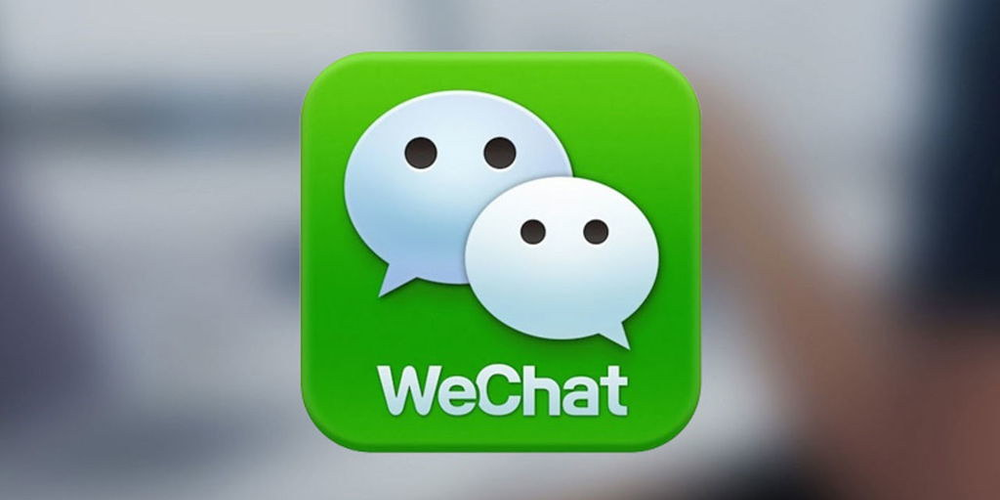
For Chinese users, it’s more than a messenger and a VoIP app: it’s a versatile digital platform. Payments and games, microblogging and public channels, private business and virtual authority offices are available in this platform. Outside of mainland China, it’s just a good messenger and a must if you communicate with Chinese citizens or expats.
Viber
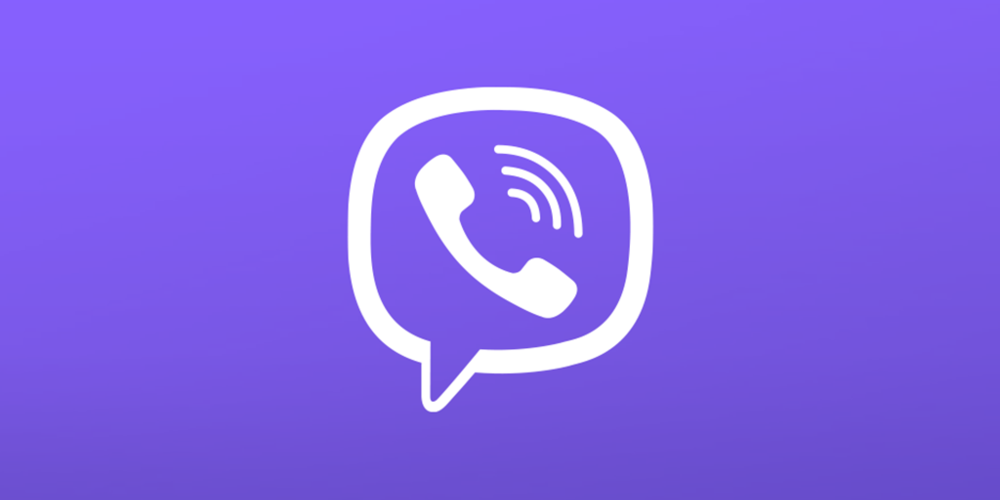
One of the most used messengers in some European and Asian countries, it enjoys moderate but stable popularity in all the parts of the world. Now run by Japanese corporation Rakuten, it is still mostly a #2 messenger, that is quite a thing. Viber technically offers the same sort of communication as WhatsApp or Telegram, with voice and video calls and messages. But it has probably the most advanced sticker and emoji roster to make it emotional.
Line

The features of Line are similar to those of WhatsApp or Viber. It is also meant for messaging, voice or video calls, and sending various data like locations, stickers, photos and videos, and so on. This messages desktop app enjoys mostly regional popularity in South Korea, though its users can be found all over the world.
Signal

The greatest thing about this messenger is its security features. It offers the most protected communication among all the services on mass market, due to encryption algorithms, as well as the attitude that even covers encrypted stickers! This results in some extra limitations – for example, it can only be installed on one mobile device to prevent unauthorized access to your account. On the other hand, you can connect your desktop to your installed mobile app.
imo.im
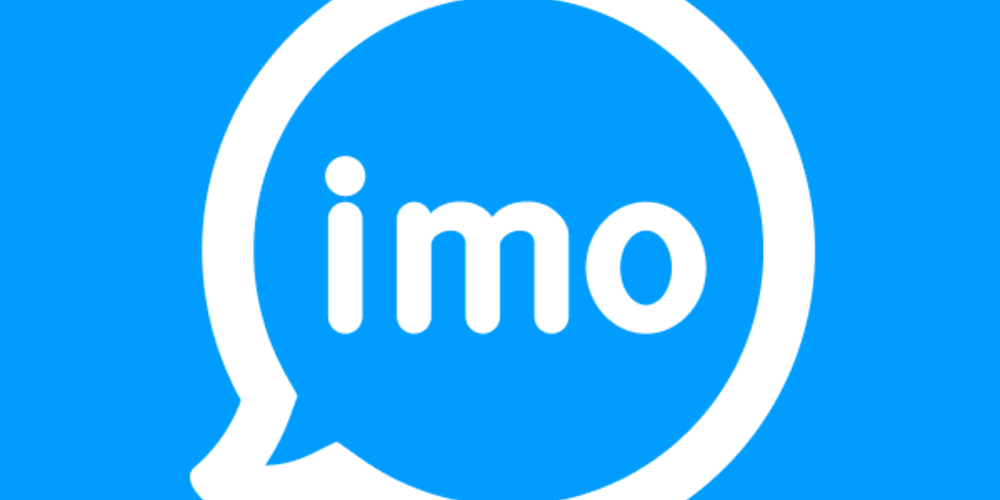
Being almost a mirror to Line or Viber, imo.im has some extra features. For example, it has its own cloud storage for files you may want to exchange or make available. It’s ad-supported, though these ads can be removed with a subscription for a symbolic payment of $0.99/month. This messenger is extremely popular in Central Asia because it somehow escaped the ban local governments apply to most others.
Pidgin
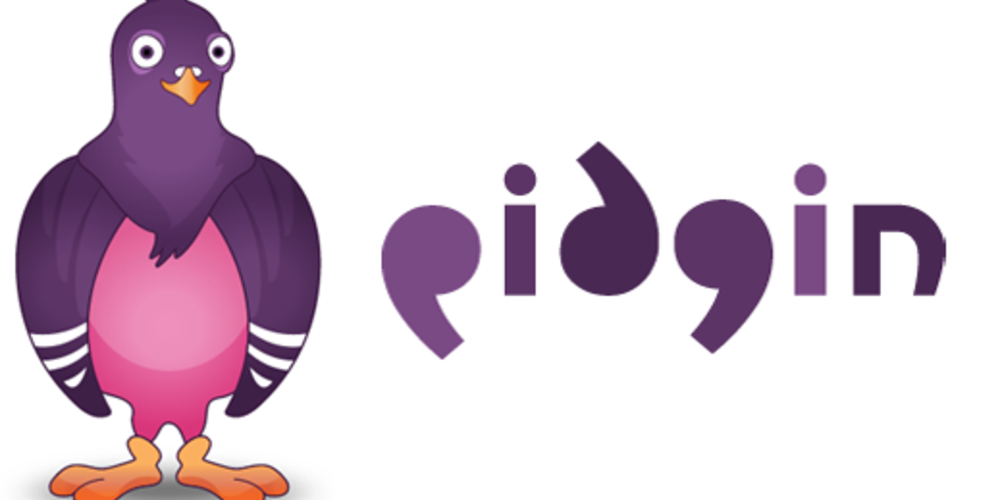
Famous since the early 2000s, Pidgin is probably the last one standing of multiprotocol clients so common those days. Now its makers still intend to create a versatile app that would handle all your chats. You can connect your WhatsApp, Facebook, Discord, Telegram, Skype, Hangouts, or other accounts to Pidgin.
It’s especially great if you’re living among conservative people holding on to the past. Pidgin handles ICQ, QQ, Yahoo, and others. It can also integrate systems that have only regional popularity (like WeChat, Rediffbol, Mail.ru, and others). In addition, it’s modular and easy to customize with plugins.
Skype

The good old Skype! Now it’s considered too conservative by zoomers, but it still retains its place. Even those not inclined to master today’s technologies may feel familiar with it and prefer it to most WhatsApp-like messengers.
There is another upside to it. Being a part of Microsoft 365 subscription, Skype is integrated with OneDrive, Microsoft Translator, and other native services. It also provides at least 60 minutes of outer calls if you’re an MS 365 subscriber. This option may be useful if you’re travelling or calling abroad from time to time.
Messenger
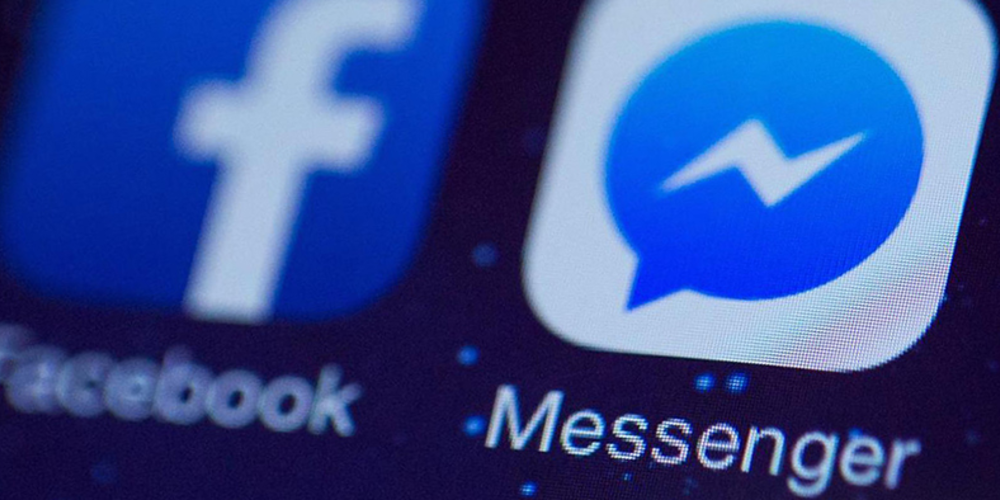
Yes, it’s that very Messenger by Facebook. It would be indecent of Facebook not to create it for desktop platforms. On the other hand, absolutely most people use Facebook on desktop via their browsers, and the web version has every feature, including messaging.
Does this app make sense at all? Yes, it does, if you need to talk with other Facebook users, but don’t want to waste your time on reading the endless feed. This app will show up in your tray when a message arrives, and after you reply, it hides in the background again and doesn’t tempt you.
More to Messaging than This
Among the desktop messaging software, we had to leave some interesting alternatives overboard. For example, we ignored workspaces like Slack or Microsoft Teams, because there is more to them than messaging. We also decided to ignore obsolete services like ICQ or Yahoo Messenger.
And which is your favorite desktop messaging app? Which do you consider the most useful? And what’s the advantage of desktop messaging next to mobile devices? Share your experience in a comment, and we’ll appreciate that.





